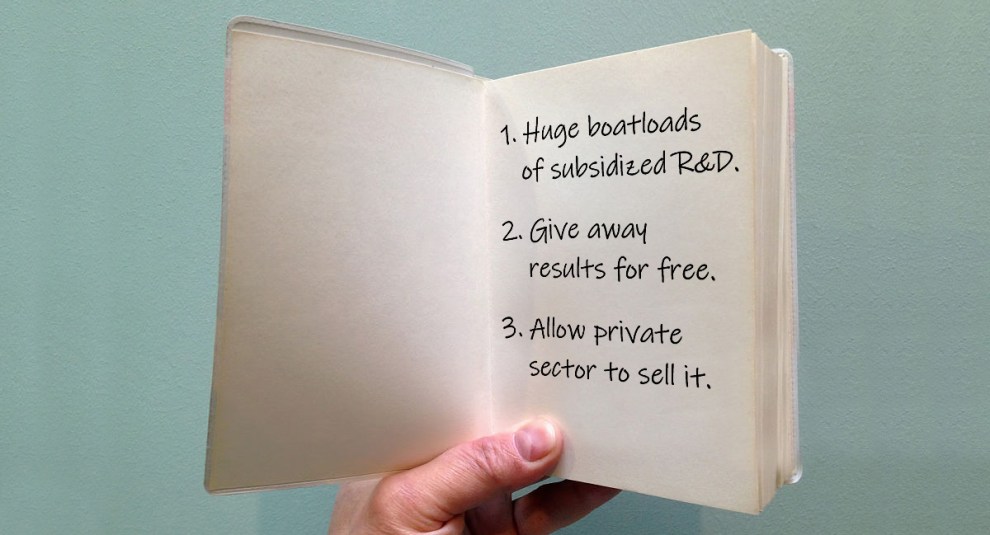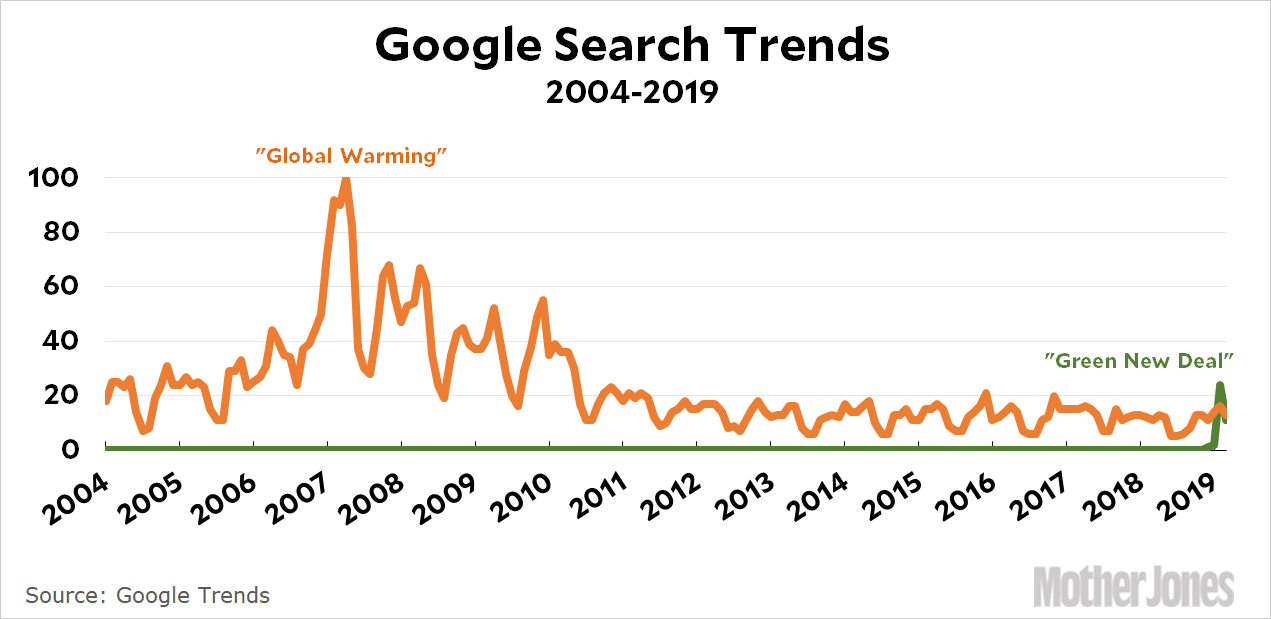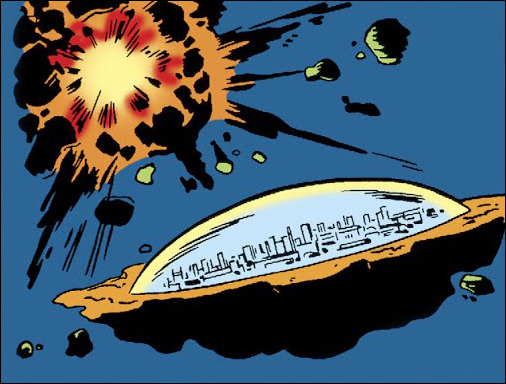
I was bored over the weekend and got into a Twitter convo about climate change. We were chatting, of course, about the Green New Deal, and the basic arguments in its favor were:
- It was only meant to be an outline, so don’t blast it for only being an outline. Details will come later if I’m just patient.
- The details don’t matter all that much anyway. There are lots and lots of ways of getting to our goals.
- Things are different now. It really has a chance of getting enacted.
I don’t think the evidence backs up any of this:
- Only an outline? Come on. We’ve seen this movie before. There’s nothing in the GND that we haven’t reckoned with dozens of times in the past 20 years of climate change discourse. We all know the goals we need to meet to prevent planetary suicide, and we all know the buzzwords. The GND is just the same old, same old. Some of the faces are new, but that’s all.
- Details? It’s true that the deep details don’t matter too much. But the medium-level details do, because that’s where you make it clear what price you’re asking people to pay. It’s where you lose the coal state senators and the bird lovers and the unions. Without any details, the GND is just pablum designed to make us feel good even though it hasn’t the slightest chance of ever being enacted.
- Things are different now? No, they aren’t. Polls show that even among liberals climate change is not a big concern. And as David Roberts points out in a tweet from Will Kubzansky, a simple look at Google Trends demonstrates that interest in the GND today is far lower than interest in global warming in the mid-aughts, back when Al Gore was touring the country promoting An Inconvenient Truth. That didn’t lead anywhere, and it’s unlikely that GND can do better.

It’s naive to think that things are different today and it’s naive to think that the GND will fare better than any other climate plan once the details get hashed out. Just look at what happened when AOC “accidentally” released an FAQ about the Green New Deal that went only barely further than the GND itself. She pulled it back so fast you could almost see the scorch marks.
Which brings us to my headline question: What does it mean to think radically? Is it something like the GND, which is indeed huge and all-encompassing, but also vague and timeworn? Is it radical just because of its size, even if it contains nothing new and has no chance of enactment?
I don’t think so. For 20 years we’ve tried to scare the public into adopting big climate plans that require real sacrifice, and for 20 years we’ve failed. We’ve made absolutely no progress worth talking about with this approach. So maybe a more focused plan of attack is the truly radical one.
This is why I’ve suggested that we should focus solely on selling a gigantic R&D program. It requires little or no sacrifice from voters and doesn’t violate any of the usual conservative shibboleths. It might actually be something we could pass.
But if I’m promoting the idea of spending lots of money on R&D, why not also spend lots of money on subsidies for green infrastructure? As it happens, I think that’s a fine idea. However, it’s worth remembering that global warming is global, and big subsidies affect only US emissions of greenhouse gases. The problem with this is that you could cover the United States with a dome and blast it into space…

…and it would only change the dates for planetary suicide by a decade or so. It’s nowhere near enough even if we do it. Whatever plan we come up with needs to be something that has at least a chance of affecting the entire world. New technology might do that. Subsidies targeted at Americans won’t.
The hard part of all this is that the big, comprehensive climate plan has been the centerpiece of climate change thinking forever. And that makes sense: it’s a big problem that, ideally, requires a big solution. But what if that big solution simply isn’t feasible? What if it requires more personal sacrifice than human beings have ever shown a willingness to make? What if we’ve been pushing it forever and it’s gained no traction worth mentioning? What if the rest of the world is an even bigger problem than the US?
Then the odds are strong that the big, comprehensive, America-centric program simply won’t work—not within the next two or three decades anyway, which is the timescale we’re talking about.
But it’s so appealing. It’s what climate hawks have been attached to for years and years. Dammit, it’s what we need! This is an emergency!
But it won’t work. And so I ask: Is this an emergency? If it is, then act like it. Don’t just roll out a revised version of the same thing that’s failed utterly for decades. It doesn’t matter how much you love it. If this is an emergency, then you need to be willing to think. You need to think about what might actually work, even if it’s not the big, comprehensive plan you love so much.
Think! What can we do that might actually work? What kinds of things might ordinary people actually support? What sort of plan might affect the whole world, not just one country? Knock the cobwebs out of your brain and think!
My idea might be wrong. So come up with your own. But be radical. Really radical. Accept what the real world tells you, even if it means having to wrench your mind out of its well-worn grooves. Then let’s get to work.













